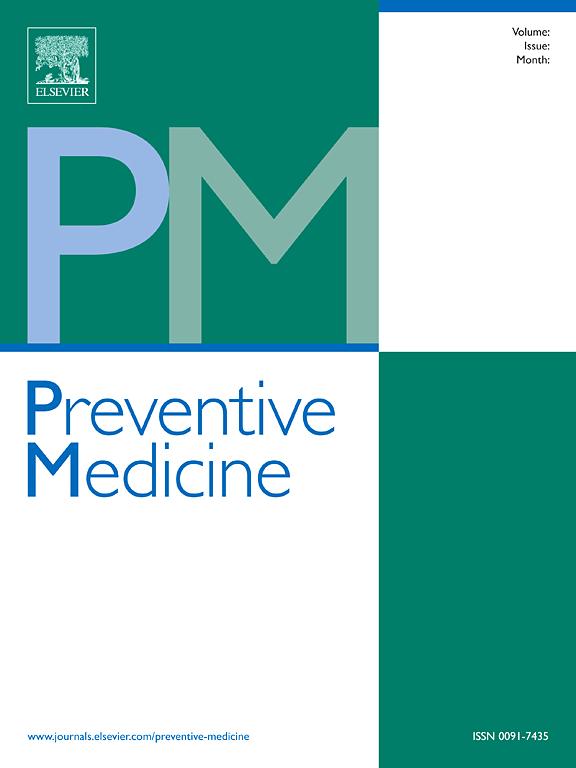Headline
Community Care Connections, a program assisting older adults with complex needs in navigating medical and social services, shows evidence of lower acute care utilization.
Context
Successful collaboration between health care and social service providers has the potential to not only lower costs and utilization for the general population, but also help older adults specifically with aging in place. This study reviews changes in acute care utilization before and after participation in Community Care Connections, a program in Rochester, New York that assists older adults with complex medical needs in navigating clinical and social services. Primary care physicians connect patients to the program – run by a community-based aging services provider – where social work care managers and licensed practical nurses support various needs ranging from transportation to treatment adherence.
Findings
Hospitalizations, emergency department visits, and observation stays all decreased in the 90 days after program enrollment compared to the 90 days prior to enrollment by 30, 29, and 23 percent, respectively. These percentage decreases were even higher among participants with hypertension, high cholesterol, and diabetes.
Takeaways
Community Care Connections, a model that integrates social and medical services, may successfully address non-clinical factors and reduce acute care utilization for older adults with complex needs.



